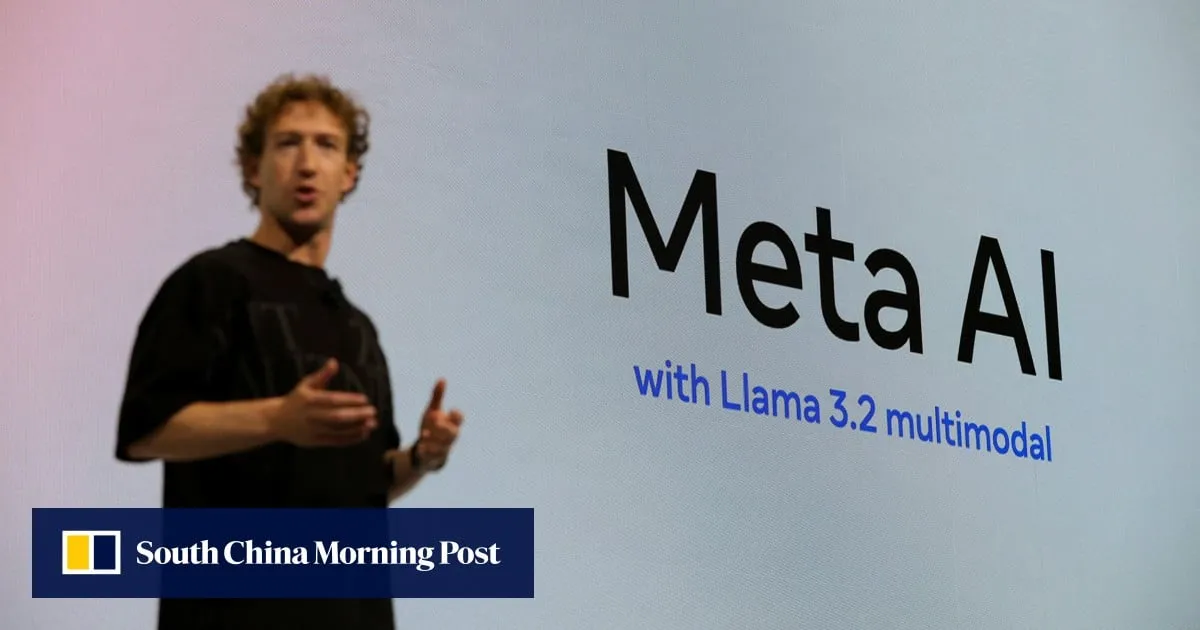
In a significant move within the tech industry, Mark Zuckerberg announced the formation of the Meta Superintelligence Lab (MSL) in a memo on Monday. This new initiative is aimed at developing Meta's next-generation AI models, with a clear vision of making “personal superintelligence” accessible to everyone. This ambitious goal underlines Meta's commitment to advancing artificial intelligence and enhancing user experiences across its platforms.
The MSL has made headlines not only for its mission but also for its impressive lineup of talent. Among the eleven publicly listed new hires at the lab, seven hail from China. These skilled professionals include Bi Shuchao, Chang Huiwen, Lin Ji, Ren Hongyu, Sun Pei, Yu Jiahui, and Zhao Shengjia. Each of them is a distinguished graduate of renowned Chinese universities such as Tsinghua University, Peking University, Zhejiang University, and the University of Science and Technology of China. After completing their studies, they pursued further education and established their careers in the United States, bringing a wealth of knowledge and experience to Meta's new lab.
Meta's aggressive hiring strategies have not gone unnoticed, particularly by its competitors. In a recent podcast, Sam Altman, CEO of OpenAI, voiced concerns regarding Meta's recruitment tactics. Reports indicate that Meta has offered signing bonuses that reach as high as US$100 million to entice potential recruits away from OpenAI. This move has escalated tensions within the tech community, with Wired reporting on Altman's critical memo to OpenAI employees addressing the situation.
The establishment of the Meta Superintelligence Lab marks a pivotal moment in the tech landscape, highlighting Meta's dedication to advancing AI capabilities. With a team composed of elite talent from prestigious universities and a bold vision for the future, MSL is poised to make a significant impact in the realm of artificial intelligence, ensuring that personal superintelligence is not just a concept but a reality accessible to all.